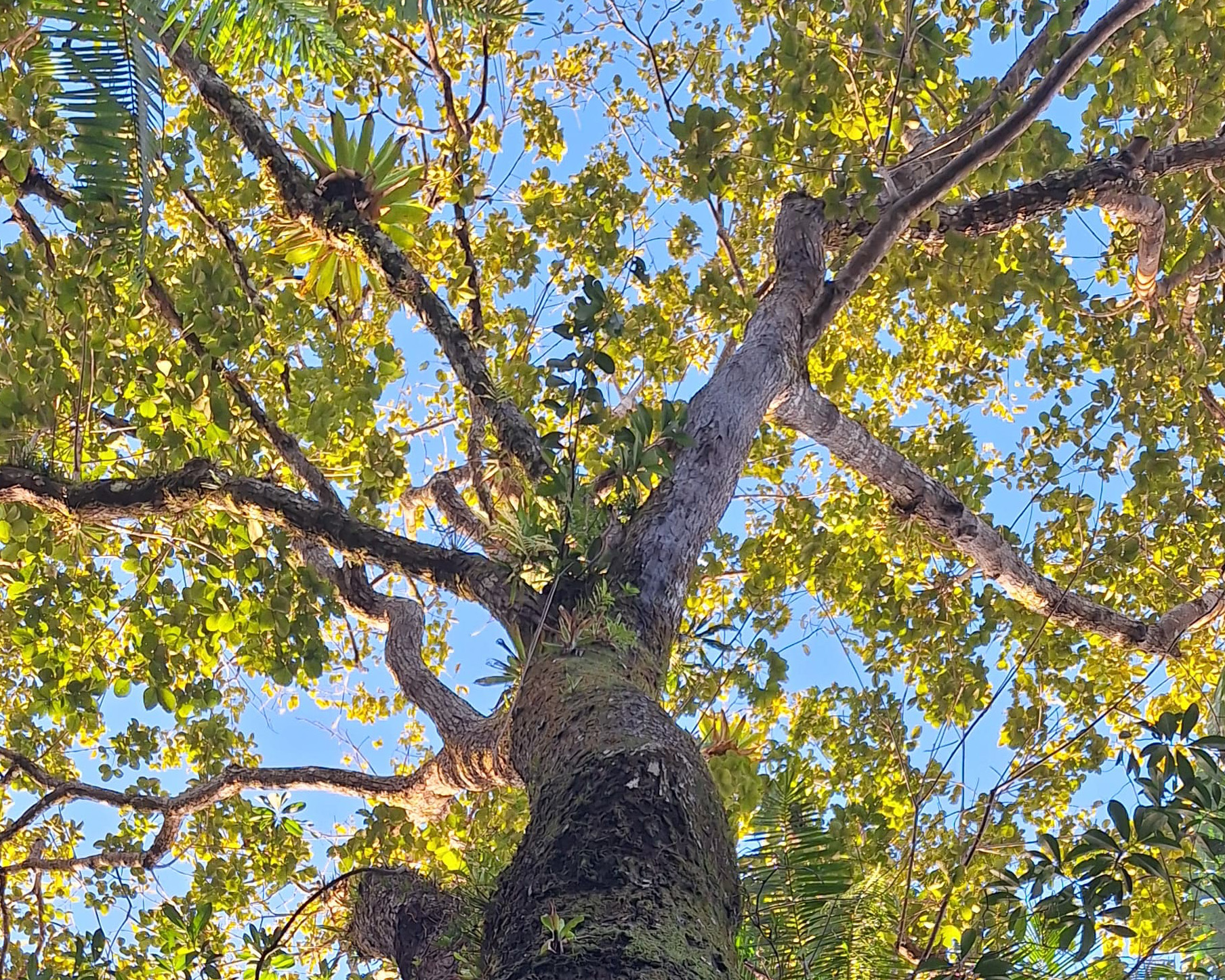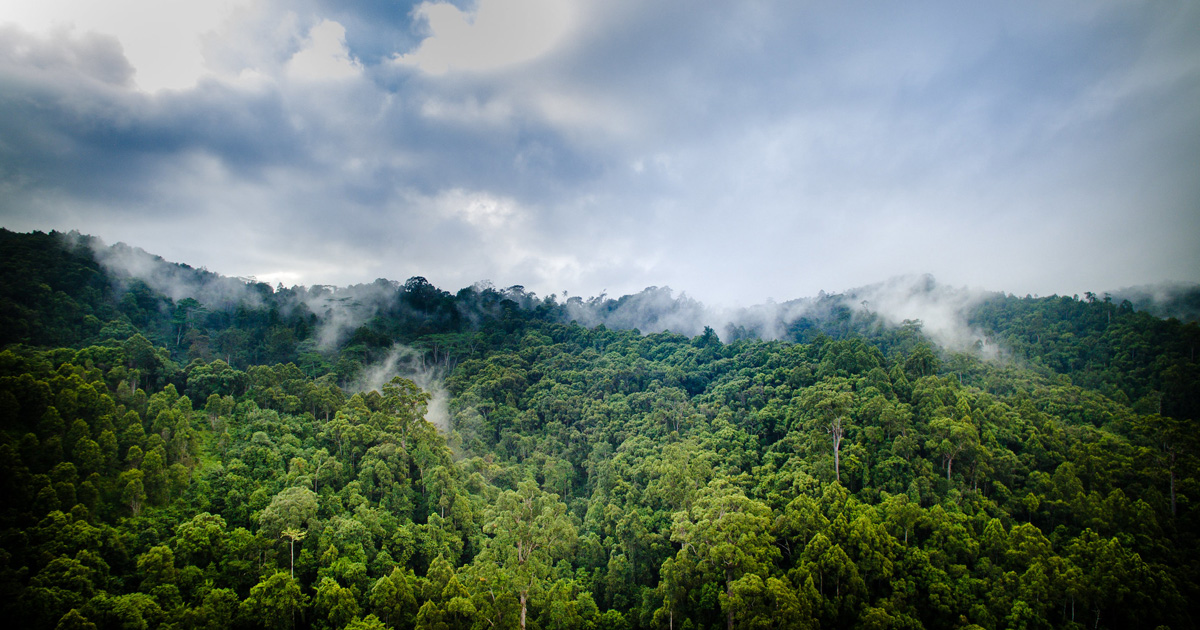Tropical peatlands are known not only for their high, area-based, carbon emissions in response to land-use change but also as hot spots of debate about associated data uncertainties. Perspectives are still evolving on factors underlying the variability and uncertainty. Debate includes the ways of reducing emissions through rewetting, reforestation and agroforestry. A knowledge value-chain that is long and complex links (a) fundamental understanding of peat and peatland processes leading to sciencebased quantification and default values, (b) willingness and (c) ability to act towards emission reduction, and ultimately (d) to local, national and global actions that effectively provide rules, incentives and motivation to conserve peat and reduce emissions. We discuss this value chain, its stakeholders and issues that still remain partially unresolved. We conclude that, to shorten the denial and conspiracy-theory stages of debate that otherwise slow down steps B and C, networks of international and national scientists have to be involved at the early stage of identifying policysensitive environmental issues. Models span part of the knowledge value-chain but transition of analysis units requires specific attention, from soil volumes through area and commodity flows to opportunities for reductions. While drainage of peatlands triggers landscape-scale increases in emissions, factors beyond drainage depth, including nutrient supply, may have a major influence on decomposition rates. Attempts to disentangle the contributions of plant and peat-based respiration in surface flux measurements involve assumptions that cannot be easily verified in comparisons between land uses. With progress on A leading to new internationally accepted defaults and with resistance on step B reduced, the reality of C and lack of working solutions for D is currently constraining further progress
Download:
DOI:
https://doi.org/10.1007/s11027-014-9576-1
Altmetric score:
Dimensions Citation Count:

























